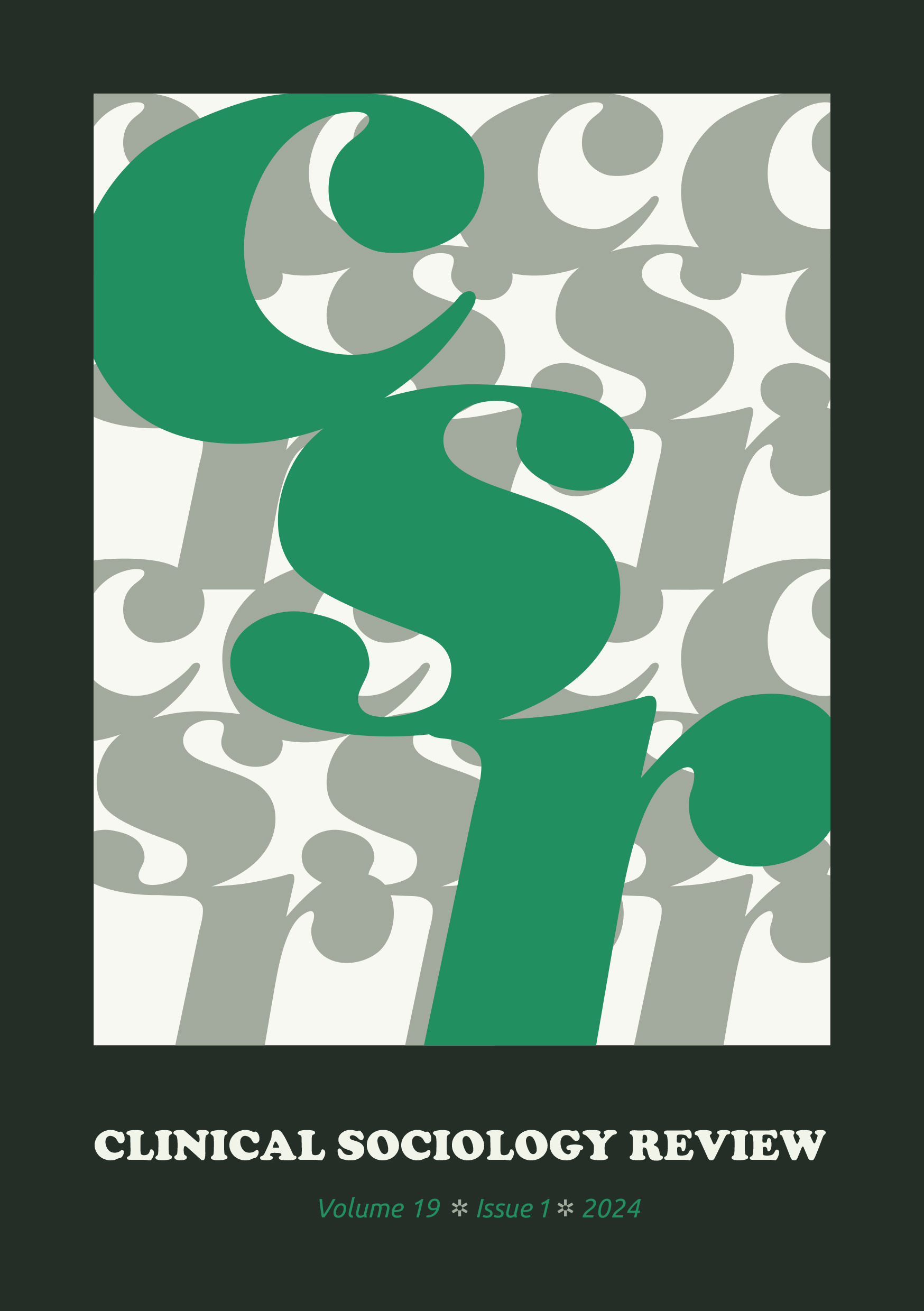Community Partners in Evaluation and Change Reflections on a Quarter-Century Evaluation of an Intervention Project Addressing Racial Disparities in Health Outcomes
Main Article Content
Keywords
birth outcomes, community-based research, infant mortality, interconception, preconception
Abstract
Over the past quarter-century, The Magnolia Project has served a section of “the Northwest Corridor” of Jacksonville, FL, providing reproductive and well-woman care and intensive case management to reduce infant mortality in the African American community. During this time, the primary focus for Magnolia has been to provide clinic-based well woman care, prenatal care, support groups and case management through a store-front site in the heart of the target area. As new opportunities for funding became available, Magnolia moved from its “traditional” focus of women who come to, or are referred to, the clinic site to a broad-based Community-wide focus in order to address the underlying symptoms affecting the community’s health and the disparities this community faces. The Authors have been involved in the discussion, design, and implementation of Magnolia throughout the past 25 years, literally “sitting around the table” working on the original program proposal. In this paper we reflect on our role as evaluation partner for the Magnolia Project, and discuss how Program Representatives and staff, Evaluation Partners, and Community Partners joined forces over the past 25 years to implement the Magnolia project, and how they made a difference in their community. The lessons learned from this process are informative to other programs seeking to expand their community impact through partnering with university-based researchers.
References
Brady, C. & Johnson, F. (2014). Integrating the life course into MCH Service Delivery: From theory to practice. Maternal and Child Health Journal. 18, 380-388. https://doi.org/10.1007/s10995-013-1242-9
Centers for Disease Control and Prevention (CDC). (2022, June 22). Infant mortality. https://www.cdc.gov/maternal-infant-health/infant-mortality/ Accessed 4 May 2023.
Florida Department of Health. (n.d.). Infant mortality (aged 0-364 days). FLHealthCHARTS. https://www.flhealthcharts.gov/ChartsDashboards/rdPage.aspx?rdReport=InfantDeath.Dataviewer Accessed 17 May 2023.
Gunja, M.Z., Gumas, E.D., & Williams II, R.D. (2023, January 31). U.S. health care from a global perspective, 2022: Accelerating spending, worsening outcomes. The Commonwealth Fund. https://doi.org/10.26099/8ejy-yc74
Livingood, W.C., Brady, C., Pierce, K., Atrash, H., Hou, T., & Bryant III, T. (2010). Impact of pre-conception health care: Evaluation of a social determinants focused intervention. Maternal and Child Health Journal. 14, 382-391. https://doi.org/10.1007/s10995-009-0471-4
Northeast Florida Healthy Start Coalition, Inc. (n.d. -a). The Healthy Start Initiative: A community-driven approach to infant mortality reduction [PowerPoint slides].
Northeast Florida Healthy Start Coalition, Inc. (n.d. -b). Healthy Start final report: Magnolia Project 1999-2001.
Northeast Florida Healthy Start Coalition, Inc. (n.d. -d). Healthy Start impact report: Magnolia Project 2009-2014.
Northeast Florida Healthy Start Coalition, Inc., (1998). Application for federal assistance in response to CFDA #92.926E: Jacksonville Healthy Start Initiative.
Northeast Florida Healthy Start Coalition, Inc., (2004). Application for federal assistance in response to HRSA-05-013: The Magnolia Project.
Northeast Florida Healthy Start Coalition, Inc. (2005). Healthy Start impact report: Magnolia Project 2001-2005.
Northeast Florida Healthy Start Coalition, Inc. (2014). Application for federal assistance in response to HRSA-14-120: The Magnolia Project.
Northeast Florida Healthy Start Coalition, Inc., (2018). Application for federal assistance in response to HRSA-19-049: The Magnolia Project.
U.S. Department of Health and Human Services. (1980). Promoting health/preventing disease: Objectives for the nation. https://files.eric.ed.gov/fulltext/ED209206.pdf Accessed 21 June 2023.
U.S. Department of Health and Human Services. (2014). Healthy Start initiative: Eliminating disparities in perinatal health. Funding opportunity announcement. HRSA-14-120.
U.S. Department of Health and Human Services. (2018). Healthy Start initiative: Eliminating disparities in perinatal health. Notice of funding opportunity. HRSA-19-049.
Will, J., Hall, I., Cheney, T., & Driscoll, M. (2005). Flower power: Assessing the impact of the Magnolia Project on reducing poor birth outcomes in an at-risk neighborhood. Journal of Applied Social Science. 22(2), 75-90. https://doi.org/10.1177/19367244052200205






